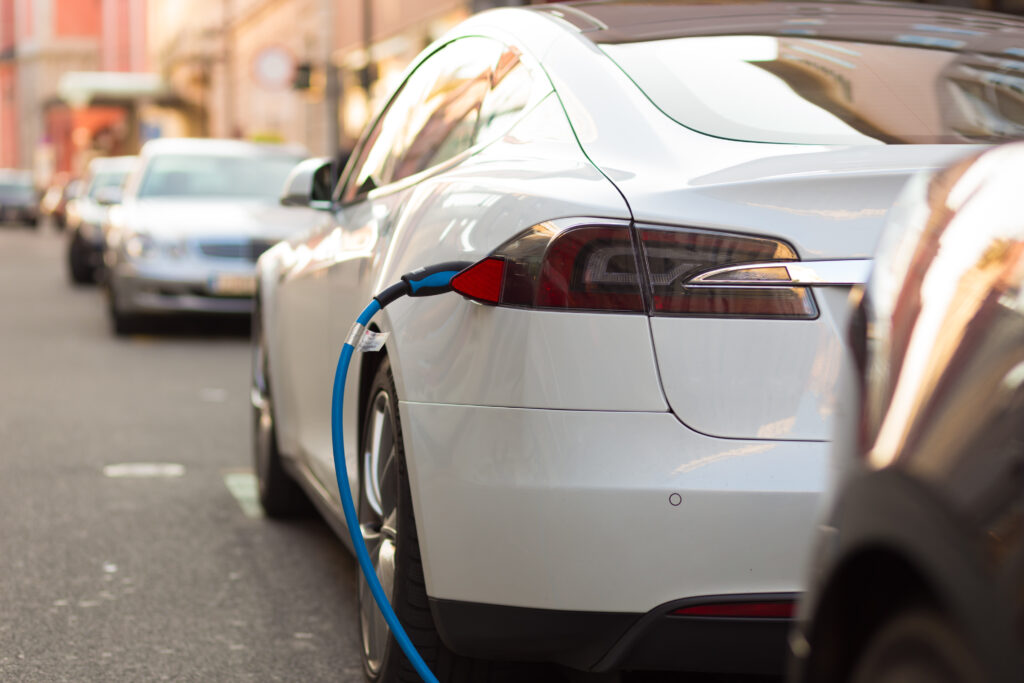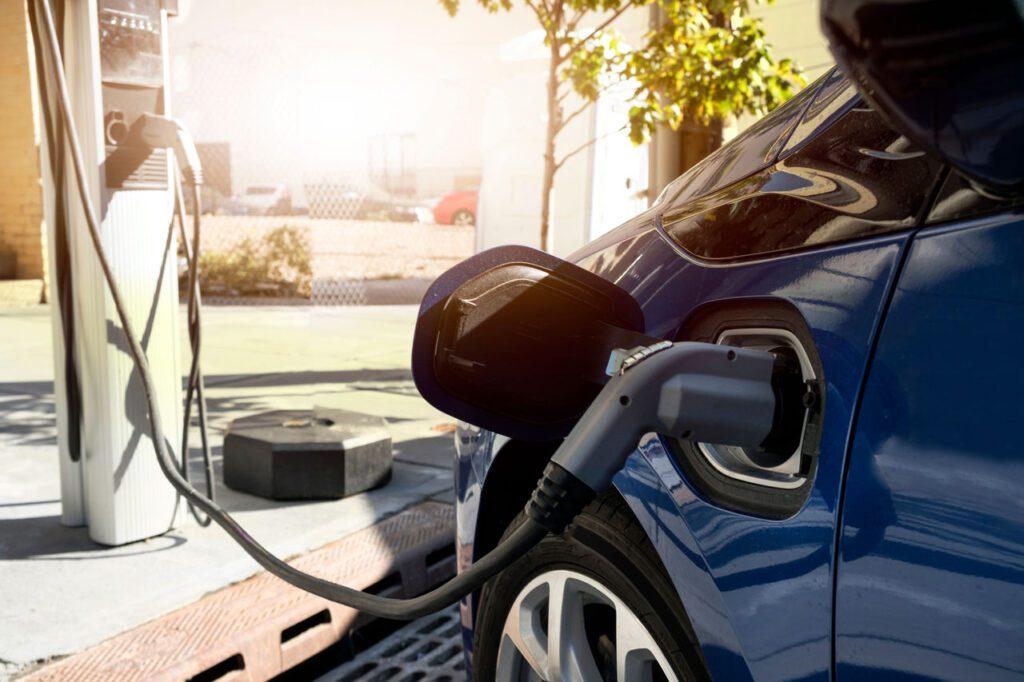
One of the obstacles of buying an electric vehicle is purchase price. There simply aren’t as many EVs as there are gas vehicles, so the sticker price is often higher. This can make it a challenge to fit one into your budget, even if you’re ready to make the switch.
Depending on the make and model of the car, EVs can range from less than $30,000 to over $100,000 before any tax credits are applied, according to U.S. News and World Report. While EVs are still more expensive compared to their gas-powered counterparts, the difference is getting smaller with every advancement.
Read on to learn more about why electric cars are so expensive and when consumers will start to notice a change.
For more about EV costs, visit our EV affordability page.
Supply Chain Challenges
The auto industry was hit hard by supply chain issues during the pandemic, and this was especially true for electric vehicles. There are fewer sources for the materials needed to make these vehicles, which means that even the smallest upset to the system can cause major delays. The limited supply of materials held up EV production with some being delayed for months past their original launch dates.
Even now, as the supply chain regains its footing, there are still delays getting all the components needed to build a vehicle, gas or electric. Until the supply of materials needed to build EVs becomes consistent, vehicle supply will be low and prices will continue to be high.
A Limited Range of Vehicles
There are countless options when it comes to gas vehicles, so no matter your budget or your needs, there’s a vehicle out there for you. That’s not the case with EVs. Early on, there were only a few options – primarily luxury sedans or small commuter cars.
Today, the variety of EVs is increasing, but there are still far fewer choices. Automakers don’t have an EV to cover every possible use case and often what they do have is more premium. Despite the move to electric, most vehicles sold today still have a gas engine, so the variety of vehicles weighs heavily toward gas. As electric vehicle options increase, more and better budget-friendly options will be added to the mix.
Batteries are Expensive
Perhaps the biggest reason why EVs are pricey is their batteries. EV batteries are far more complicated than that little battery under the hood of a gas car. An electric vehicle battery is made from minerals including lithium, cobalt and nickel, which are expensive to mine and expensive to turn into battery packs. The longer the range of an EV, the larger and more costly the battery, which drives up prices.
When Will EVs Start to Become More Affordable?
The influx of new EVs caused a spike in demand for raw materials to make the batteries, which in turn sent prices higher. There are also challenges from world events, including the war in Ukraine, that further contribute to price increases.
Manufacturers are improving the supply chain by finding new sources of raw materials. Advances in battery technology, such as finding more affordable chemistries for batteries, are also helping. Although prices are high right now, the prices of EVs are expected to level off over time as batteries become cheaper to produce and a wider variety of EVs become available.
Calculate the lifetime expense of owning an EV with our EV Cost Calculator.
AAA’s Recommendation: Whether you own an electric vehicle or a gas-powered car is up to you – and you should consider lots of factors in making that choice. No matter what type of vehicle you’re choosing, we recommend visiting a dealership, test driving one, and asking as many questions as possible to make an informed decision.

















